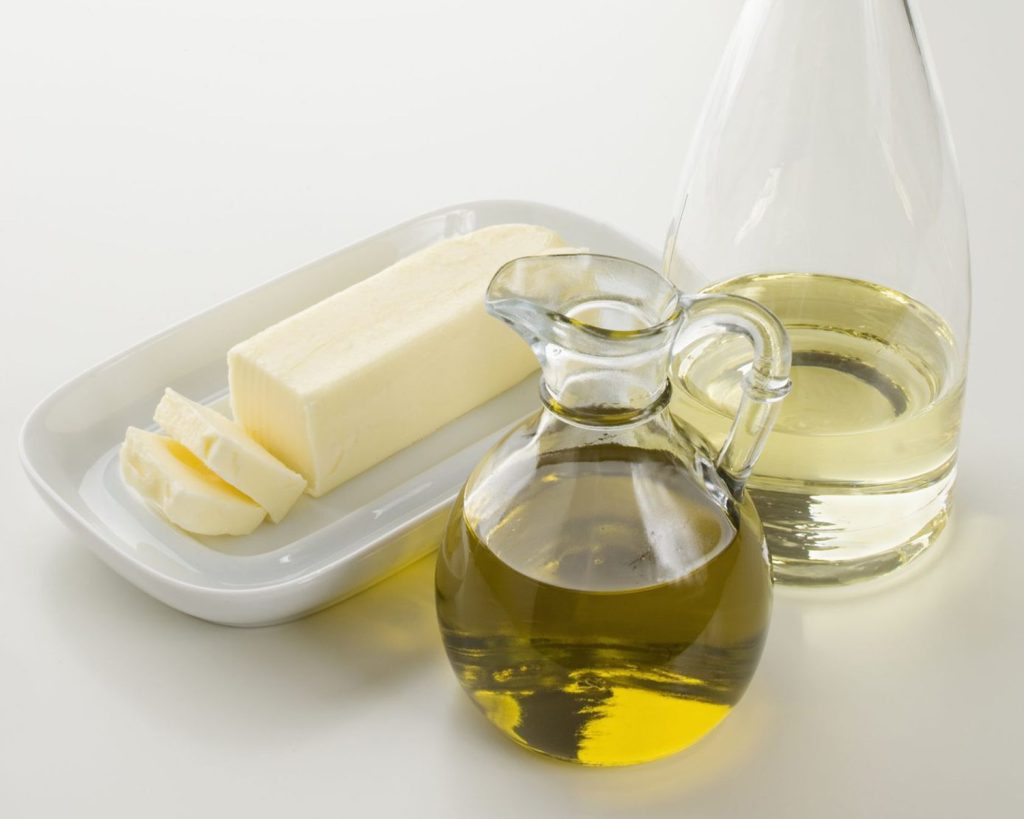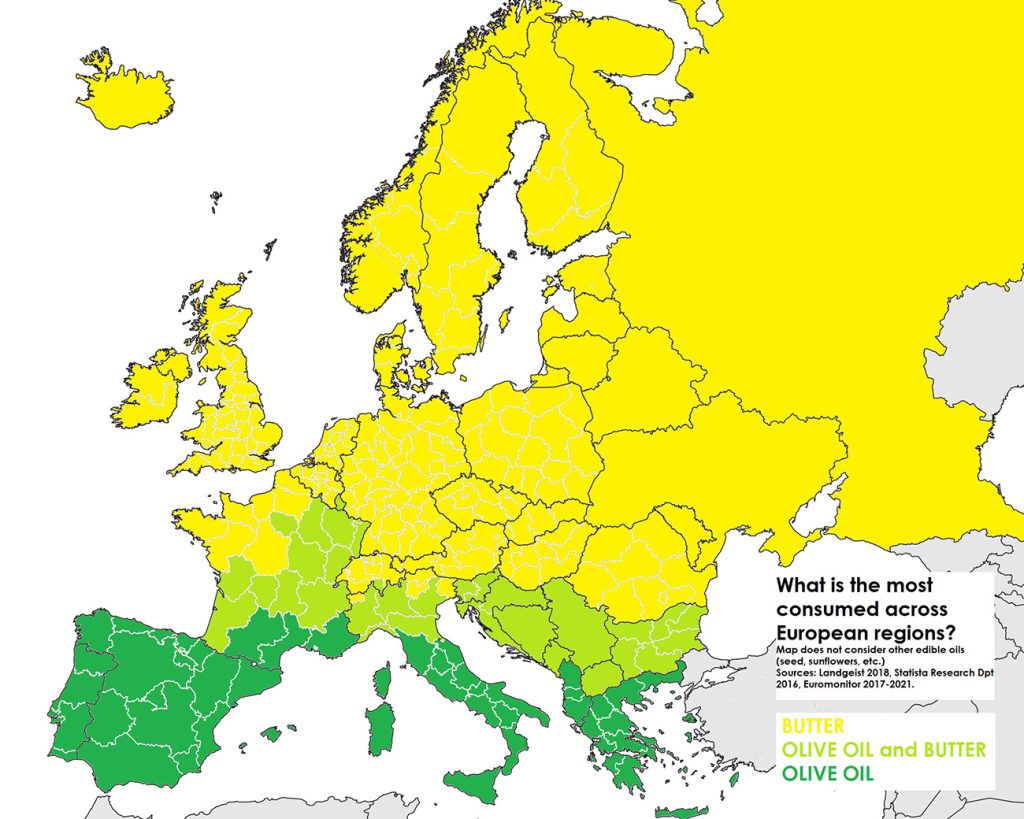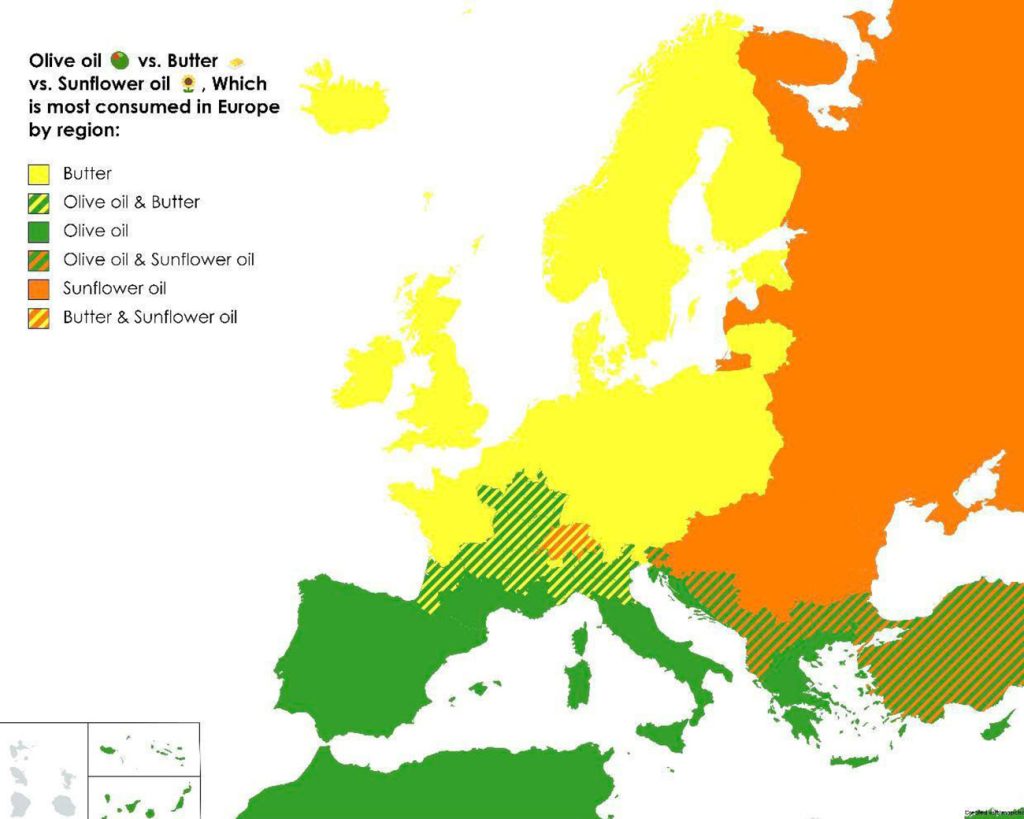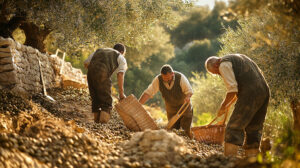
Albanian Pastiçe: Easy baked pasta recipe
Discover Albanian pastiçe: bucatini with feta and eggs baked into a golden pie—simple, nourishing and perfect for hectic days.

The French Paradox is a seemingly contradictory observation that the French suffer relatively little from cardiovascular disease, despite having a diet relatively rich in saturated fats. This is in clear contradiction with the widely held belief that high consumption of such fats is a risk factor for cardiovascular disease.
Scientists have been trying to explain (or disprove) this paradox for a long time, but have not yet been really successful in that endeavor.
What almost everyone forgets is that France is the only country that is located in both the Mediterranean region and Northwestern Europe. This means that people in the South of France follow (or can follow) the healthy Mediterranean diet, while in Northern France they follow a diet that is quite similar to that of the Netherlands.

This observation makes a lot of sense because in the south of France extra virgin olive oil is used for all sorts of applications, while in the north of France, they use butter. The same boundaries separate wine drinkers from beer drinkers.
Can we at Aljeta prove this assumption?
Well, quite a bit of scientific research has now been done into the prevention of cardiovascular disease in various French cities. If you summarize these studies, a clear picture emerges[1].
It does indeed appear that the further north you go, the more people suffer from cardiovascular disease. The French Paradox is actually easy to explain: it is all about averages. On average, people in the south live healthier lives than people in the north[2].
The fact that people in the South of France are healthier is undoubtedly the result of the Mediterranean diet and, yes, drinking a glass of wine also seems to help[3].

The map above also shows that Albania is part of the transition area for olive oil and sunflower oil. In the Mediterranean coastal areas, extra virgin olive oil is of course widely used, but in the north and east of the country (‘the Albanian Alps’) the cheaper sunflower oil is often used in many dishes instead of olive oil .
The result of this is that men and women in South-West Albania have (on average) a somewhat higher life expectancy than their compatriots in North-East Albania[4].
[1] Ferrières: The French paradox: lessons for other countries in Heart – 2004.
[2] Cottel et al: The North-East-South gradient of coronary heart disease mortality and case fatality rates in France is consistent with a similar gradient in risk factor clusters in European Journal of Epidemiology – 2000
[3] Renault et al: Moderate wine drinkers have lower hypertension-related mortality: a prospective cohort study in French men in American Journal of Clinical Nutrition – 2004
[4] Gjonca: The Crossroads of Europe: A first look at regional adult mortality differences in the Balkans in Espace, Populations, Societes – 2004

Discover Albanian pastiçe: bucatini with feta and eggs baked into a golden pie—simple, nourishing and perfect for hectic days.

The flag of Albania is more than just red and black. This article explores the deeper meaning behind its national symbols – from the double-headed eagle to the traditional ‘Shqiponja’ hand gesture, the unique Albanian language, and the country’s rich cultural heritage. A story of pride, identity, and history captured in one powerful symbol.

This homemade chili oil with Extra Virgin olive oil is a flavor bomb that’s also great for your health. Easy to make and incredibly versatile.

Albania is home to thousands of medicinal plants. Discover how traditional herbal wisdom not only impacts lives, but also shapes a unique export industry.

Despite an increase in risk factors such as an unhealthy diet and less physical activity, cardiovascular mortality in Spain remains surprisingly low. What explains this mysterious ‘Spanish Paradox’? Discover how a key element of the Mediterranean diet plays a crucial role.

The Albanian olive harvest is severely impacted by a labor shortage, leading to a significant decline in olive oil production and exports. In the first nine months of 2024, exports dropped by 60% compared to the same period in 2023. This not only poses challenges for the domestic market but also hinders Albania’s position as an emerging olive oil producer.